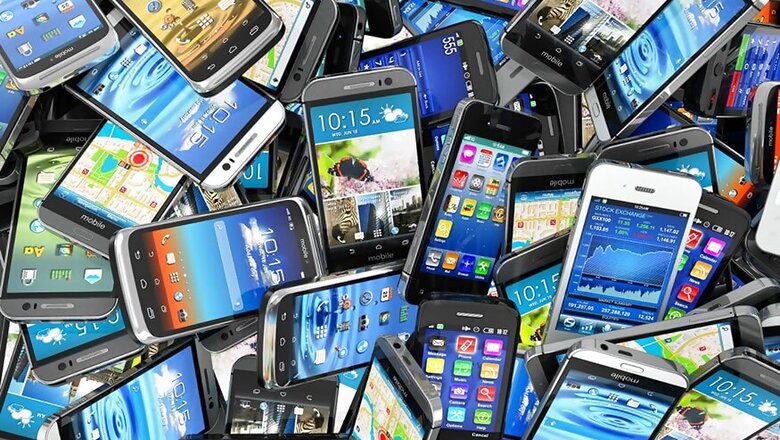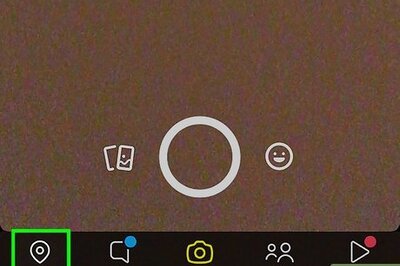
views
A new study has found US researchers warning that taking a break from a task to use a smartphone is actually too distracting and does not allow the brain from recharging itself. According to a story published in Daily Mail, researchers gave students a set of anagrams to solve and compare their performance after taking a break to complete a side task.
The findings of the study were published in the journal Journal of Behavioral Addictions. During the course of the study, some volunteers were allowed to use their phones for the task, while others used a computer or wrote out their answers on paper. The study authors found that those who used mobile phones were found to be 19 percent slower and 22 percent less successful at solving the puzzles after the break.
The study, conducted by Sanghoon Kang and Terri Kurtzberd of the Rutgers University in New Jersey, saw them giving 414 undergraduate students a set of 20 anagram-based word puzzles to solve. During the study, no participant was given any break and instead were asked to draw up a shopping list of three items using a specified budget on either their mobile device, a computer or a piece of paper.
They were then asked to justify which items they selected. The study team found that participants who used cell phones on their break took 19 per cent longer to complete the second half of the puzzle. Moreover, they were able to solve 22 percent fewer problems than those who used a computer or paper during their break.
The researchers found that phone users seemed to experience the largest levels of mental depletion and performed the second half of the puzzle at the same rate as those participants who were not given any break at all, revealed Daily Mail.
Furthermore, even though mobile users were able to solve more anagrams in the second half than those who took no break, they still performed worse than other participants. Speaking about the same, study author Professor Kurtzberg said that the phone may carry increasing levels of distraction that make it difficult to return focused attention to work tasks.
According to Professor Kurtzberg the addiction to smartphones could affect people in ways that are different to how it affects people who use other screens like computers and laptops.



















Comments
0 comment